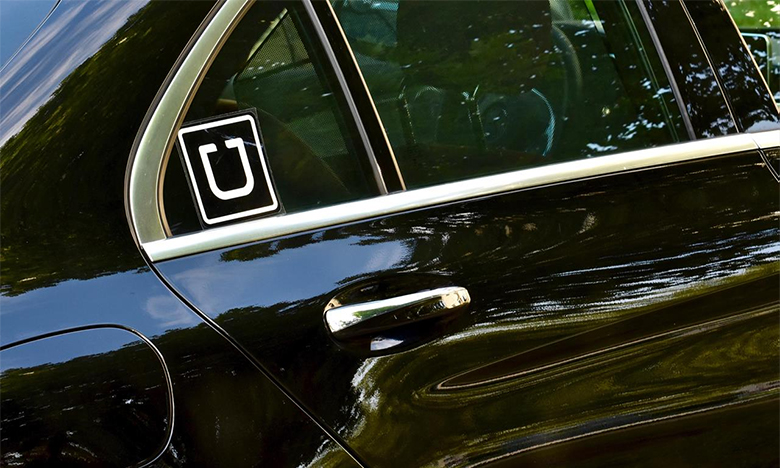The author is the founder of the National Center for Employee Ownership, a nonprofit organization just a block from Uber’s planned new office in Oakland, California.
Chobani CEO Hamdi Ulukaya made a big splash last year by giving 10 percent of his company to employees — to the tune of roughly $150,000 per staffer. “I’ve built something I never thought would be such a success, but I cannot think of Chobani being built without all these people,” he reportedly said at the time.
This year, the private equity firm KKR did something similar with three of the industrial companies it bought, one of which, Gardner Denver, just went public. Employees got $100 million worth of stock. Pete Stavros, the KKR partner who made this happen, told the Milwaukee Journal Sentinel that to improve operations, “you need the engagement of frontline employees … by making them owners.”
Uber, are you listening? You could drive your business to the next level and set aside negative publicity in one fell swoop: by making your drivers owners.
RESEARCH … HAS FOUND THAT COMPANIES THAT SHARE OWNERSHIP WITH EMPLOYEES SIGNIFICANTLY OUTPERFORM THEIR RIVALS.
Ulukaya and Stavros are just two of the thousands of business leaders in the U.S. who have come to the conclusion that sharing ownership with employees is good for business. Research by scholars at the National Bureau for Economic Research, Rutgers University, the University of North Carolina and other institutions has found that companies that share ownership with employees significantly outperform their rivals in terms of growth, productivity, return on investment, turnover and layoffs. And it’s especially true for companies that also set up systems to get employees more involved in making decisions about how their jobs are performed. In short, these firms have found that treating employees as valuable partners is good for staffers and investors.
For employees participating in these plans, data for the National Center for Employee Ownership shows that not only do they accumulate more assets, but they also have higher incomes and access to other benefits, both because companies that believe in this concept believe in treating people well but also because the companies make more money and can afford it. But even if all Uber drivers get is a stake in the action, that can be a meaningful addition to the normal compensation system.
Uber’s corporate employees already get an equity stake, but their drivers don’t. So why not share some of the equity with those who are actually driving the business forward — the true faces of the company to customers. Sharing ownership would be a powerful way to tell drivers and customers that Uber is serious about cultural change. National polling data show that people have a strong preference for products and services from employee-owned companies, so the granting of shares could be a great marketing coup.
A would-be, newly funded competitor to Uber — Ride YaYo — pledged to share equity with drivers. Juno promised the same thing but then failed to deliver before selling out; drivers are now suing over a breach of contract.
Of course, sharing ownership is not enough in itself. Uber’s corporate culture has had more than its share of troubles. But the ride-sharing firm could take a cue from the most successful ownership companies, like Starbucks and Southwest Airlines, that share lots of information with employees and get them involved in making decisions about customer service, work processes, product innovation, work rules and more. By generating hundreds of ideas from employees and employee teams, these companies better position themselves in the market and make employees feel like they are true owners.
Uber drivers surely have an immense storehouse of knowledge about how Uber could do better, but there needs to be both a structure and a reason to share it. When I put my ownership idea to Uber, a company representative told me they are trying to work out a way with the SEC so that this could be done. Securities laws make companies with more than 500 “unsophisticated” (aka not rich) investors become, by default, public companies, even though they have not filed an initial pubic offering. That imposes a variety of costly regulatory requirements.
But these rules only apply to stock sales. Chobani and many other private companies solve this problem by providing equity grants that do not require entanglement with the SEC or awards that track the value of equity in various forms. So Uber should be able to find ways to solve this problem. Whatever Uber does, it is important that drivers get the stock as a benefit, not something to buy with their limited resources.
Uber has proven a remarkable innovator in ride-share technology. But now it’s time for the company’s leaders to follow remarkable innovators in treating employees well.

